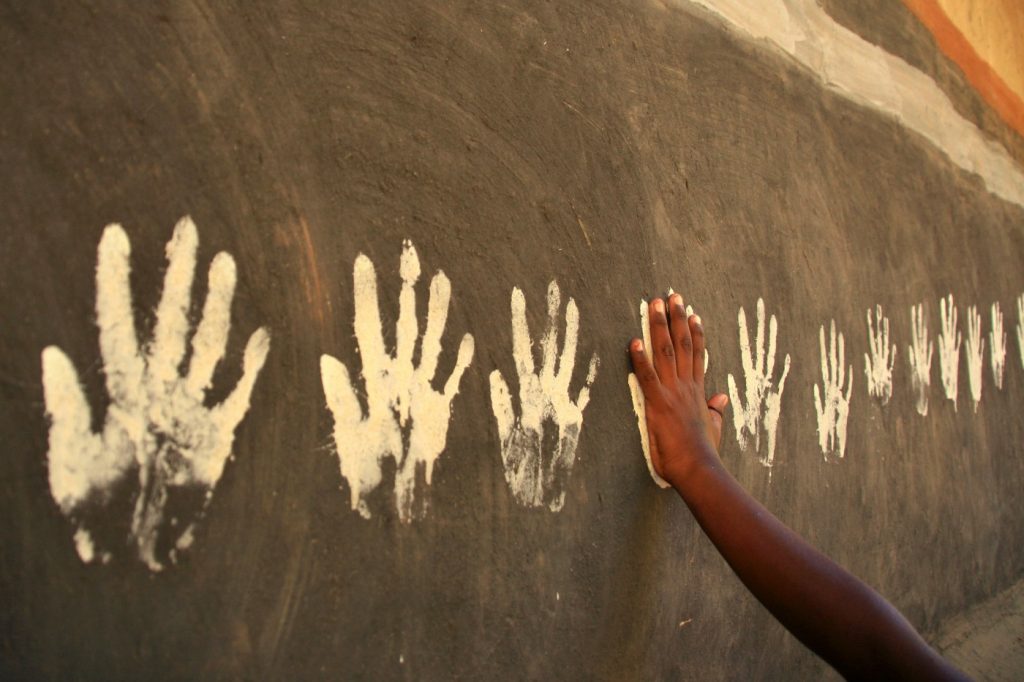When we look back on our childhood experiences, collective punishments as a group was the norm. However, as children, we didn’t know what to call it.
Certainly, everyone remembers a situation in school when a teacher inflicted a pop-quiz on the group because a few students failed to submit homework. The behavior of a few classmates would serve as collective punishment for us all in the classroom. As children, we were unsuited to oppose a teacher’s decision. Or punishment for our sibling’s shenanigans. Our mother would apply the same disciplinary action to everyone, giving us a time-out even though it was the sole act of one individual.
We despised the situation?! We felt utterly helpless and annoyed by the injustice we experienced. It seemed inescapable and compulsory for someone with the power to deliberate, decide and administer negative consequences on the innocent. Imagine what it would be like to live constantly indebted to others’s actions? Being constantly held accountable and questioned on an individual level and is required continuously to give explanations on other’s actions solely, because of belonging to the same group (classmate, sibling). Without indulgence in all sorts of sacrificial roles, for some people, it is an everyday reality.
Although the notion of collective guilt and responsibility has most often been heard in historical, political, and legal terms in connection with war, dictatorship, the Holocaust, and criminal law; collective punishment as a procedure is often used in everyday life, at work, in an educational institution, in sports or even at home.

As Roma, we are repeatedly being questioned and held accountable for crimes and acts committed by other members of the Roma community. Additionally, we often come across non-Roma personally demanding answers from us to solve centuries-old social problems or waiting for a unified, generalized response about Roma culture and history. Awaiting for an explanation, an answer, and an opinion from us, so that they can label us with a contemptuous, punitive look and condemn us whatever we say.
Individual responsibility for the group is an expectation towards us. This impeachment and liability is kind of an ordinary burden, a collective punishment we have to live our lives with. If we want it or not. As Roma, we represent the Roma community living throughout Hungary, and we are held accountable for the actions of each member of the group in everyday situations, in our personal space, or on online platforms. If we want it or not. Perhaps, this is the role that the majority of society forces on us, the Roma.
If as a child, I had learned how to express myself objectively to drive individual interest representations and negotiations, my childhood along with my friends would have been remarkably different. For some, it is routine, but for others, it’s rigorous work to meet and maintain society’s standards of exemplary conduct, especially as a child.
Therefore, we Roma always have to take a pop-up quiz or get a time-out.
Recommendation
Netflix – Colin (Kaepernick) in Black and White




Comments
Loading…